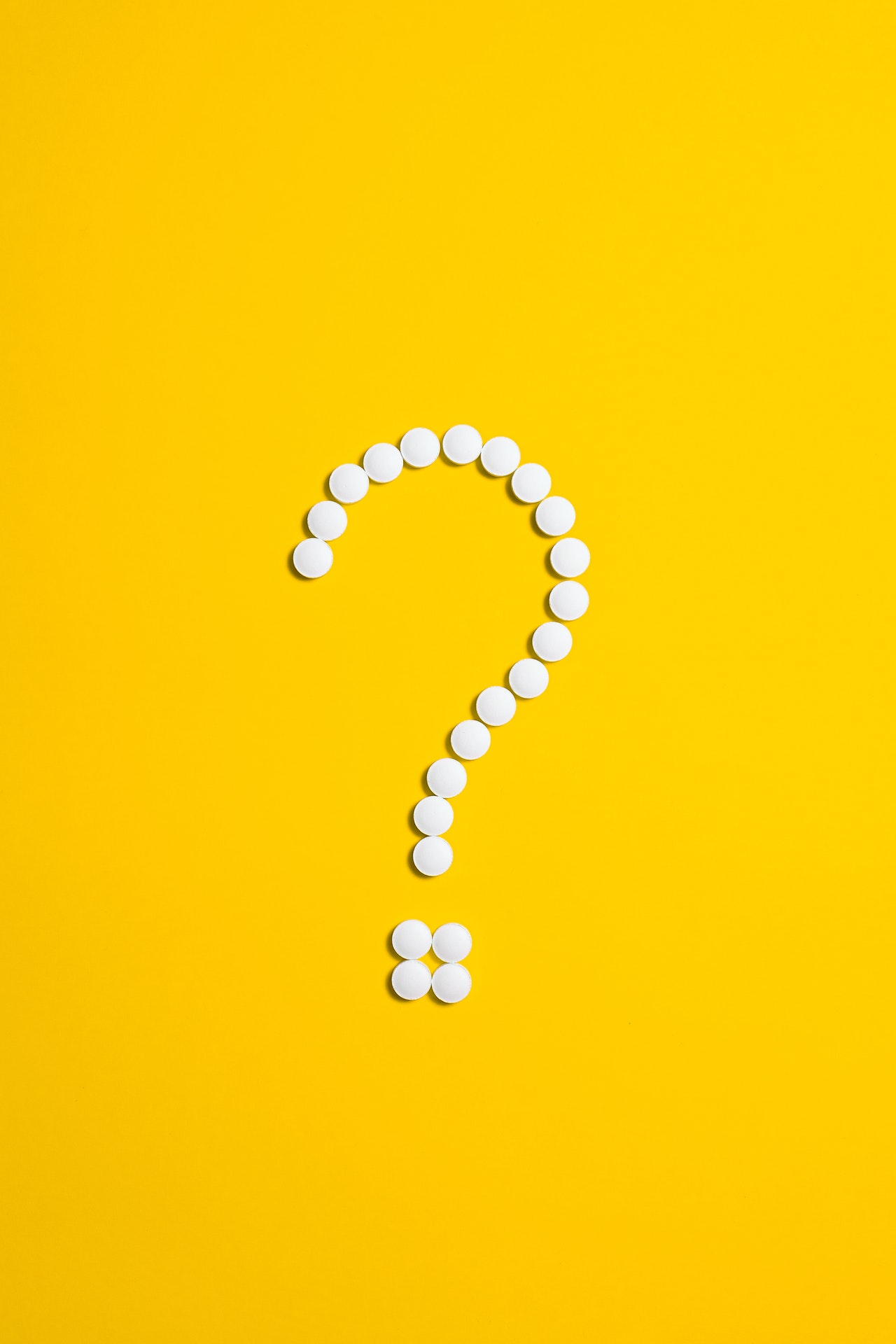As our country and the world continue to battle the COVID19 pandemic, the need for reliable, safe, effective, and high-quality diagnostic tests and treatment medications becomes more urgent every day. As does the need to maintain a safe and secure supply of technology and raw materials. Our overreliance on non-US sources for critical medical products and components has undeniably led to critical shortages since the pandemic first reached our shores.
Clearly, Americans must never again allow ourselves to be held hostage to geopolitical or offshore commercial factors that limit our ability to quickly and effectively respond to national health emergencies.
Men’s Health Network (MHN) believes that one of the most critical factors in preventing shortages of important medical products is to develop comprehensive legislation and regulations to govern medical product pricing and reimbursement. MHN understands the link between product costs and access and recognizes the need for governments and private payers to manage those costs in a way that ensures access to the best technologies.
Several of the medical product pricing proposals we have reviewed rely on establishing an International Pricing Index (IPI) that would set US prices of those products based on the prices charged in about 14 other countries, many of which have government-run health care and government-subsidized medical product industries. It would obviously be foolish to set US prices of washing machines, airline seats, or anything else based on pricing available in countries where those industries are subsidized. It is just as foolish to use foreign pricing to determine US pricing of medicine and medical products.
It’s also important to note that that in many countries, including the UK and Germany, government-set prices for medications have had disastrous effects, in particular, a marked decrease in access to needed medications and breakthrough therapies.
We believe that the IPI approach may underestimate the real value of medical products to patients and the health care system. Unwise policy will not only restrict access to advanced technologies but will also hamper the ability of—and incentive to—medical product manufacturers to innovate and meet surge-supply demands such as we are observing today in the current COVID pandemic.
Setting US prices based on the IPI may also inadvertently add fuel to the growing problems of counterfeit and grey-market medical products. The US is already being flooded with counterfeit drugs and equipment, which, in addition to costing manufacturers billions of dollars in revenue, much of which could be used to develop even more potentially life-saving products, counterfeit drugs may not work as expected, and, in some cases, may actually be deadly.
The proliferation of counterfeit products has dramatically increased during the COVID19 pandemic and is largely driven by irrational pricing and access policies. MHN opposes arbitrary, non-free market approaches such as IPI to determine for US pricing for medical products. We urge policymakers to instead rely on market forces to drive down costs, thereby encouraging research and ensuring widespread patient access to treatments.
As we enter the final phase of the 2020 election cycle, it’s clear that one of the key issues will be medical product pricing policy. Late last year saw several proposals for widespread health reform, and new proposals are emerging all the time, especially those that seek to drive down the costs of prescription medications.
As the leading non-profit advocacy organization for the health of men, boys, and their families, Men’s Health Network has been evaluating the merits of some of these proposals.
We have established Five Key Principles for Medical Product Legislation that we believe will not only address the issue of product prices but will also strike a critical balance between the needs of patients, the importance of innovation, and ensuring a consistent supply chain for medical products.




